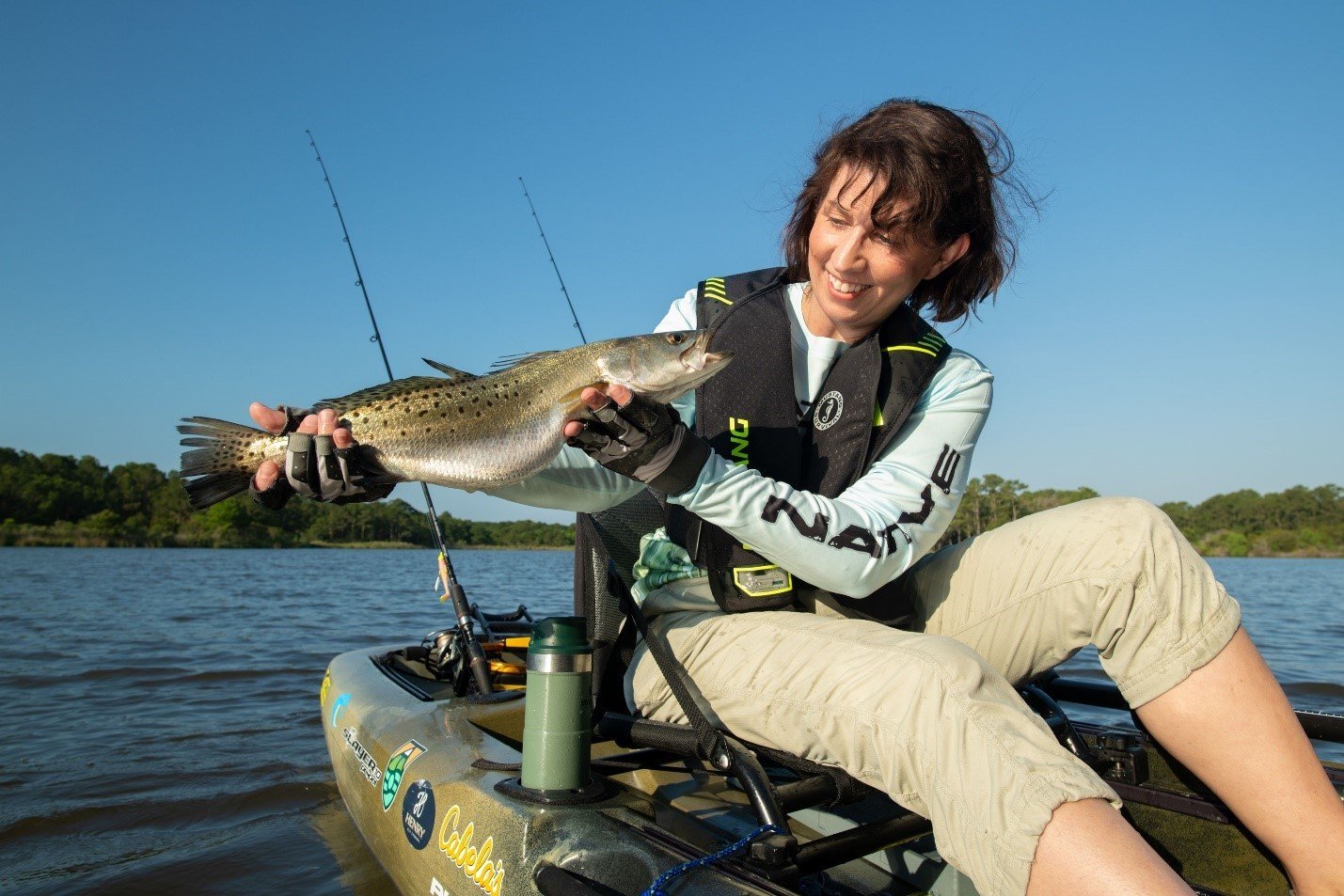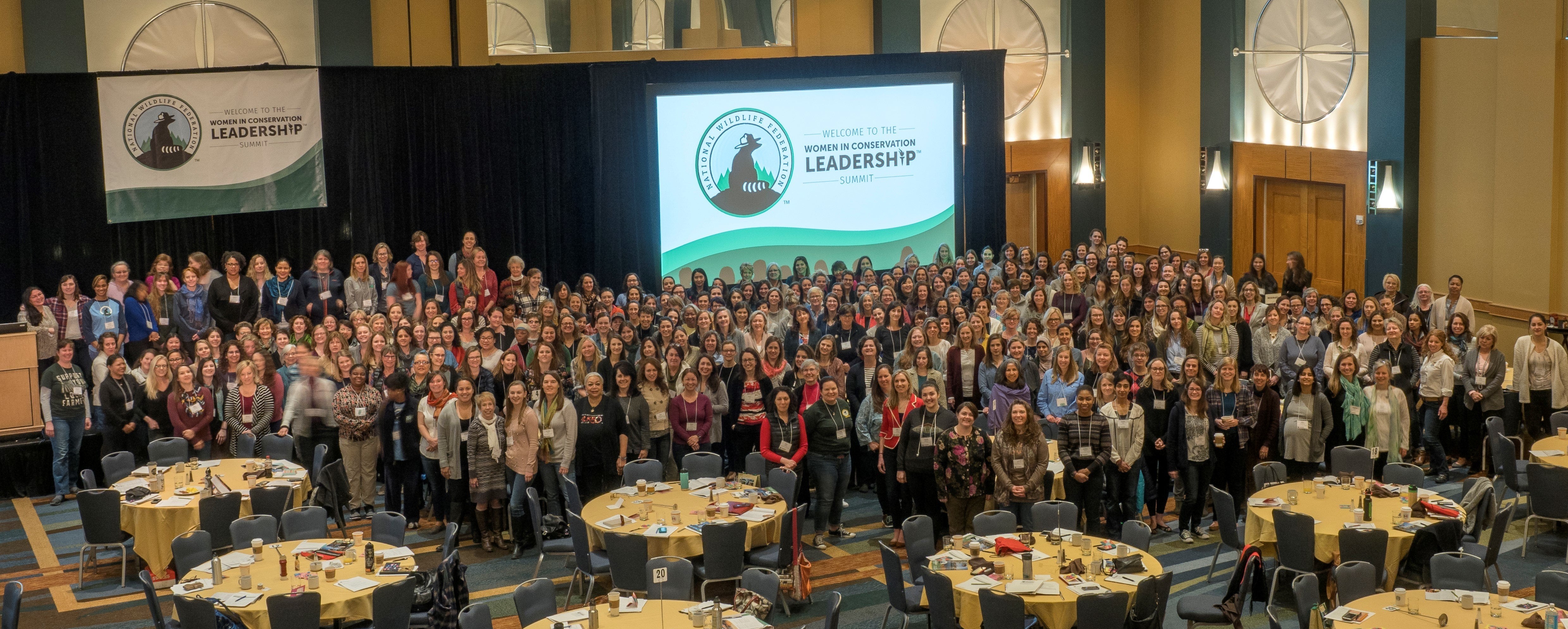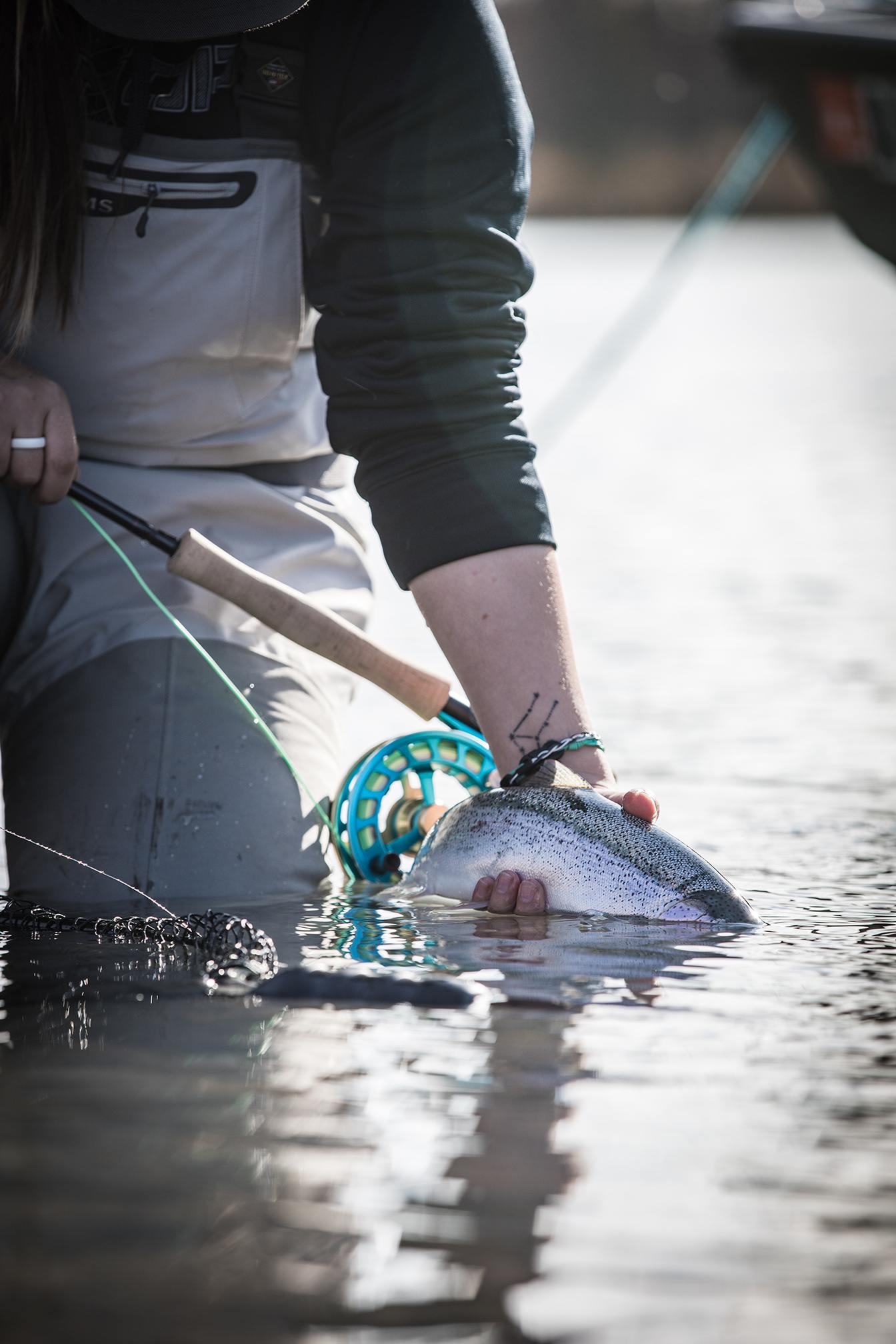
A Stanley Brand Ambassador Jennifer, is a professional angler specializing in catching unique species, chasing world records, and hosting interactive workshops for the public.
On The Influence Conservation Has In Her Day-To-Day.
I believe I have a responsibility to help ensure the outdoor resources I enjoy are around for future generations. One of the steps I take to help conserve these resources include participating in the South Carolina Department of Natural Resources (SCDNR) Marine Game Fish Tagging program. This program helps anglers understand the impacts our actions have on marine resource conservation and management, and promotes the positive impacts of catch and release fishing. The tagging program provides vital information to SCDNR biologists to help understand the breeding, population, and migratory patterns of some of the most popular and iconic fish species here in South Carolina, and this information proves critical in making rules and regulations to properly manage our fisheries. For example, the recent data collected on the southern flounder through the tagging program shows that their population is declining, and this will help South Carolina determine the actions needed to improve the southern flounder population. Tagging a fish is easy and does not cause harm to the fish when it is released, and also provides a reward to anyone who recaptures that fish! Instructions are printed on the tag on how to report the tagged fish, and the angler who originally tagged that fish receives a report that summarizes the new data received for that fish. It is always fun to receive a report to see how far a fish has traveled, and how much it has grown since it was first tagged.
Another way I support fishing conservation efforts is by being a SCDNR Certified Fishing Instructor. Through my training in this program, I am able to educate others about angler ethics, how to properly use and maintain fishing gear, the benefits of catch-and-release fishing, and how to properly harvest fish. I volunteer at fishing clinics throughout the year aimed at introducing beginners to fishing, and it is so rewarding to help kids and adults catch their first fish and get them "hooked" on fishing!

Her Favorite Causes.
The South Carolina Department of Natural Resources (SCDNR), the Coastal Conservation Association (CCA), and the American Sportfishing Association (ASA) are the major conservation organizations that I support. These three organizations impact local, regional, and national conservation efforts for our fisheries and industry as a whole. They have programs that target not only conservation, but education, legislation, and industry trends to help inform the public and fishing community on current topics and ways to make a positive impact.
How Individuals Make An Impact.
There are many conservation issues that impact fishing but the good news is that there are several ways anglers can make an individual impact. One such issue is responsible harvesting. It is vital to the future of our fisheries to be aware of catch limits and laws in any area where you fish, and to not keep more fish than you need (especially if there are no limits on a species you are targeting). And in other cases, there may be directives to harvest invasive species to prevent them from taking over habitats. For example, the SCDNR is encouraging anglers to kill the northern snakehead fish if caught in the state because its predatory nature threatens native species. It is so important for anglers to educate themselves about the species they are targeting and the areas where they fish to understand how their actions can directly impact the conservation of the fisheries they enjoy.
As an angler, there are many opportunities to get involved in conservation efforts, especially in the local community. Look for groups in your area that you can join, or sign up for specific events like waterway cleanups, oyster shell recycling, fishing outings for veterans, or kids fishing clinics. One of the easiest things you can do to support conservation and make a difference is to keep garbage bags in your car or tackle box so you can properly dispose of any waste you generate or find. Every one of us has the ability to make a positive impact to our environment to leave things better than we found them for future generations.
Back to SUSTAINABILITY


















